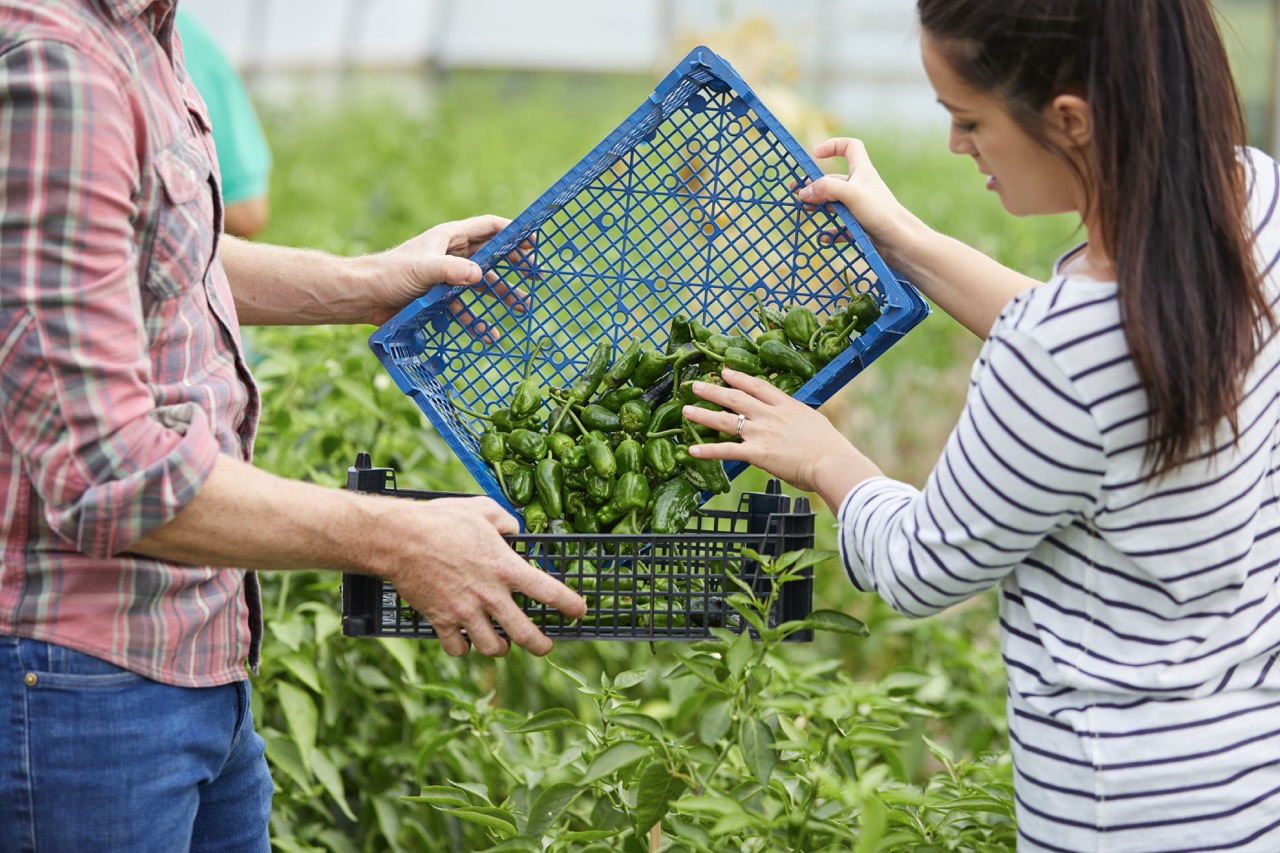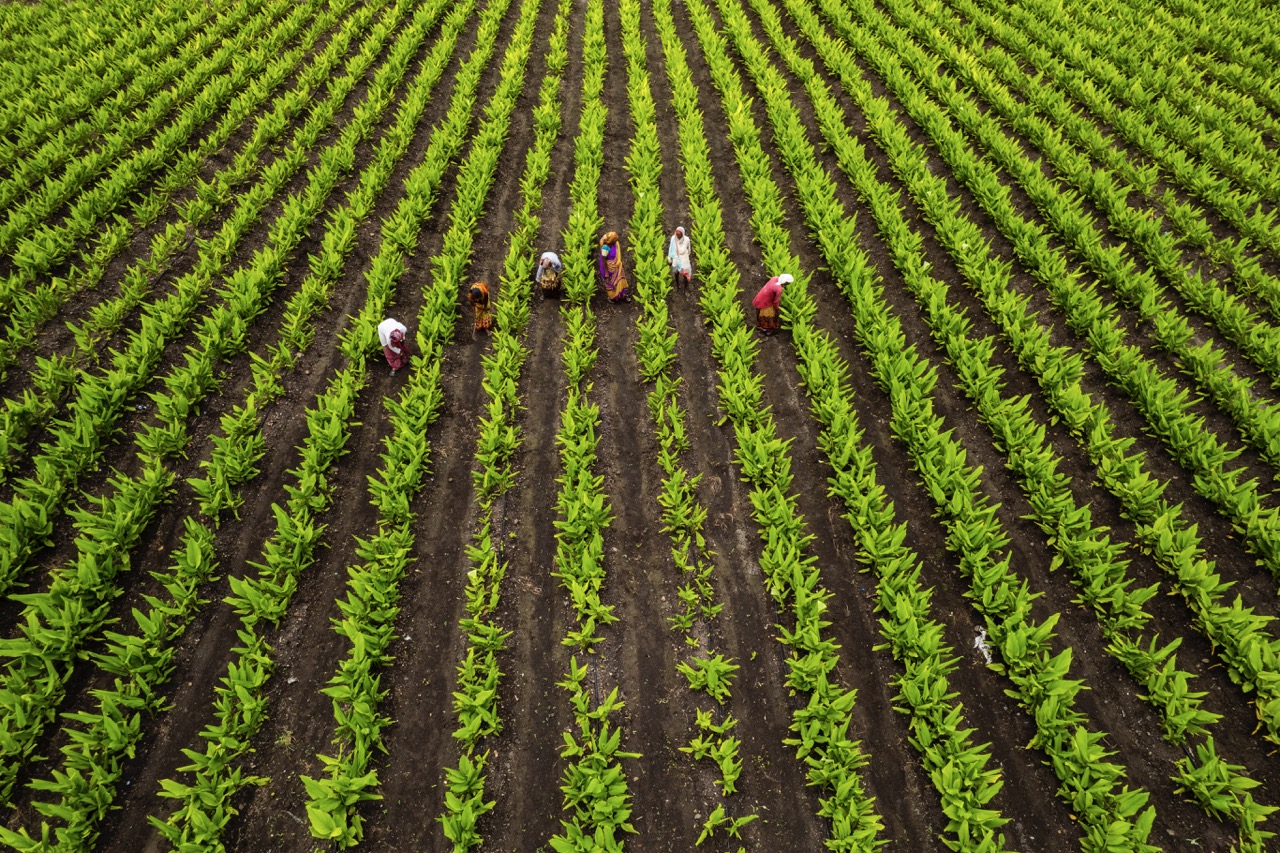Farm workers are the backbone of the agricultural industry, playing a crucial role in the production of food that sustains communities worldwide. Despite their vital contributions, these workers often face challenging conditions, including inadequate pay, lack of job security, and insufficient legal protections. As society becomes increasingly aware of the importance of worker rights, it is essential to advocate for fair wages and protections for the individuals who cultivate our food. This article explores the vital role of farm workers, the historical struggle for their rights, existing legal protections, and the economic benefits of investing in fair labor practices.
Understanding the Vital Role of Farm Workers in Agriculture
Farm workers are essential in ensuring the food supply chain operates smoothly. They engage in various activities, from planting and harvesting crops to packing and transporting produce. These laborers not only contribute to the economy through their hard work but also ensure the availability of fresh, healthy food for consumers. Without their tireless efforts, the agricultural sector would struggle to meet the demands of a growing population.
Moreover, farm workers often come from diverse backgrounds, bringing their skills and knowledge to enhance agricultural practices. Many are immigrants who have migrated to seek better opportunities, and their cultural contributions enrich the agricultural landscape. Recognizing the importance of farm workers fosters a deeper appreciation for the food we consume and the labor that goes into its production, highlighting the need for fair treatment and respect.
The role of farm workers is further underscored during critical periods, such as seasonal harvests, when their labor is paramount. Communities often rely on the influx of farm labor to ensure that crops are harvested on time, which is vital to maintaining food quality and availability. This reliance illustrates the interconnectedness of farm workers with the broader agricultural system, emphasizing the need to prioritize their rights and well-being.
The Struggle for Fair Wages: A Historical Perspective
The fight for fair wages among farm workers has a rich history rooted in labor movements that have shaped agricultural policies. In the early 20th century, workers began to organize, advocating for better pay and working conditions. Notable figures, such as César Chávez, emerged as champions for farm labor rights, leading strikes and campaigns to raise awareness about the exploitation of agricultural workers. These efforts laid the groundwork for the labor rights movements that followed, highlighting the injustices faced by farm workers.
Throughout the decades, various laws and regulations have been enacted to improve conditions for farm laborers. However, despite these advancements, the struggle for equitable compensation remains ongoing. Many farm workers still experience wage theft, long hours without overtime pay, and insufficient benefits, leaving them vulnerable to exploitation. The complexities of the agricultural labor market, including the seasonal nature of the work, contribute to the challenges in achieving fair wages.
As society has evolved, so too have the dynamics of labor relations in agriculture. While awareness of these issues has grown, the fight for fair wages is far from over. Advocacy groups, labor unions, and community organizations continue to push for reforms that address wage disparities, emphasizing the need for policy changes that support the rights of farm workers. Understanding this historical struggle is crucial to addressing current injustices and moving toward a more equitable agricultural system.
Legal Protections: Ensuring Rights for Farm Laborers
Legal protections for farm workers vary significantly by region, reflecting the complexities of labor laws and agricultural policies. In the United States, key legislation such as the Fair Labor Standards Act (FLSA) and the Migrant and Seasonal Agricultural Worker Protection Act (MSPA) were designed to safeguard the rights of farm laborers. These laws aim to regulate wages, working hours, and working conditions, offering a framework for protecting vulnerable populations in the agricultural sector.
Despite existing regulations, enforcement remains a significant challenge. Many farm workers are unaware of their rights or lack access to legal resources, leaving them susceptible to exploitation. Additionally, the transient nature of farm work makes it difficult for laborers to seek recourse when their rights are violated. Advocacy organizations play a critical role in educating workers about their rights and providing essential support and legal assistance.
The need for robust legal protections for farm workers is amplified by ongoing debates surrounding immigration reform and worker rights. As many farm laborers are immigrants, their legal status often affects their access to protections and benefits. Addressing these issues requires a comprehensive approach that considers the unique circumstances of farm workers, ensuring their rights are upheld, and that they can work in safe and dignified conditions.
The Economic Impact of Investing in Fair Labor Practices
Investing in fair labor practices yields tangible economic benefits for both farm workers and the agricultural industry. When workers receive fair wages and better working conditions, they are more likely to be productive and engaged in their work. This increased productivity translates into higher yields and improved quality of crops, ultimately benefiting farmers and consumers alike. By prioritizing fair labor practices, the agricultural sector can create a more sustainable and resilient food system.
Moreover, fair wages allow farm workers to invest in their families and communities, contributing to local economies. When workers earn a living wage, they can afford necessities such as healthcare, education, and housing. This investment in human capital fosters healthier communities and reduces the reliance on social services, creating a positive feedback loop that benefits society as a whole. It is crucial to recognize that improving the conditions of farm workers has far-reaching implications beyond the agricultural sector.
The economic case for fair labor practices also extends to consumer preferences. A growing segment of consumers is increasingly concerned about the ethical implications of their food choices, seeking products that align with their values, including fair labor practices. By investing in fair wages and safe working conditions, agricultural businesses can enhance their brand reputation and attract conscientious consumers. This shift toward ethical consumption not only supports farm workers but also drives economic growth within the agricultural sector.
The importance of farm workers’ rights and fair wages cannot be overstated. As the foundation of the agricultural industry, these individuals deserve respect, protection, and equitable compensation for their hard work. By understanding their vital role, recognizing the historical context of their struggles, ensuring legal protections, and investing in fair labor practices, society can foster a more just and sustainable agricultural system. Advocating for farm workers is not just a moral imperative but also an economic necessity that benefits us all.









